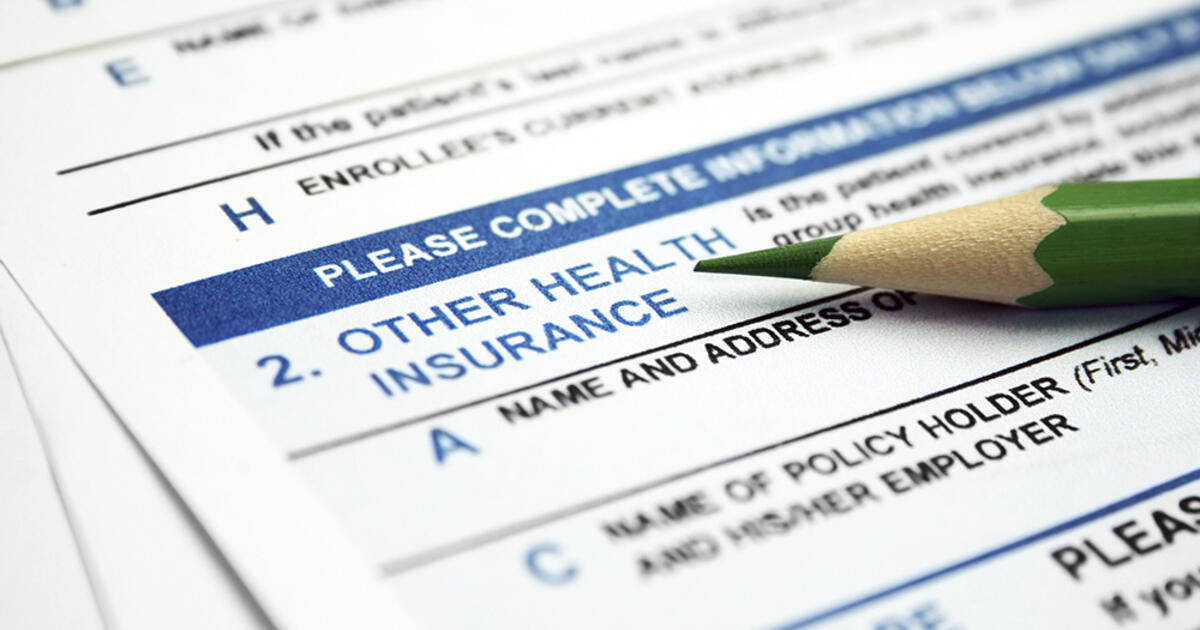Look, you can have an opinion about something, but how about you come up with some of your own opinions and statements to back them up rather than just linking obscure websites for opinion pieces?
For instance, from your link:
Why are Medicare Advantage Plans Bad?
There are many reasons why some beneficiaries feel Medicare Advantage plans are bad. Some individuals may say it’s due to their smaller networks, others may say they are not a fan of the annual changes. It really depends on who you ask.
If you ask a doctor, they may tell you they don’t accept Medicare Advantage because the carriers make it a hassle to get paid. If you ask your neighbor why Medicare Advantage plans are bad, they may say they were unhappy with how much they had to pay out of pocket when using the benefits. If you ask your friend why they felt Medicare Advantage plans were bad, they might say it’s because the plan wouldn’t travel with them. A common answer is “because I thought the plan was free.”
First off, your site is actually a place that sells medicare advantage plans, lol. Secondly, look at the listed reasons why "some" beneficaries "feel" they are bad. Smaller networks. Yes, that's true, you accept an insurance carriers network as part of the deal. You know this in advance, there is no surprise there, and the networks tend to be extremely broad. Second, the annual changes, like every other insurance policy of any sort in the world? No shit sherlock.
Look at the other side of the coin. Stick with traditional Medicare bud and just pay 20% of *all medical bills*. Which would you do as a senior citizen? Have an unlimited network with little to no annual change, but pay 20% of all your medical charges, or accept a network that has a small copay and deductible and a limited financial risk to you.
That's the reason why so many people buy advantage plans, stop being either ignorant or intentionally obtuse.







